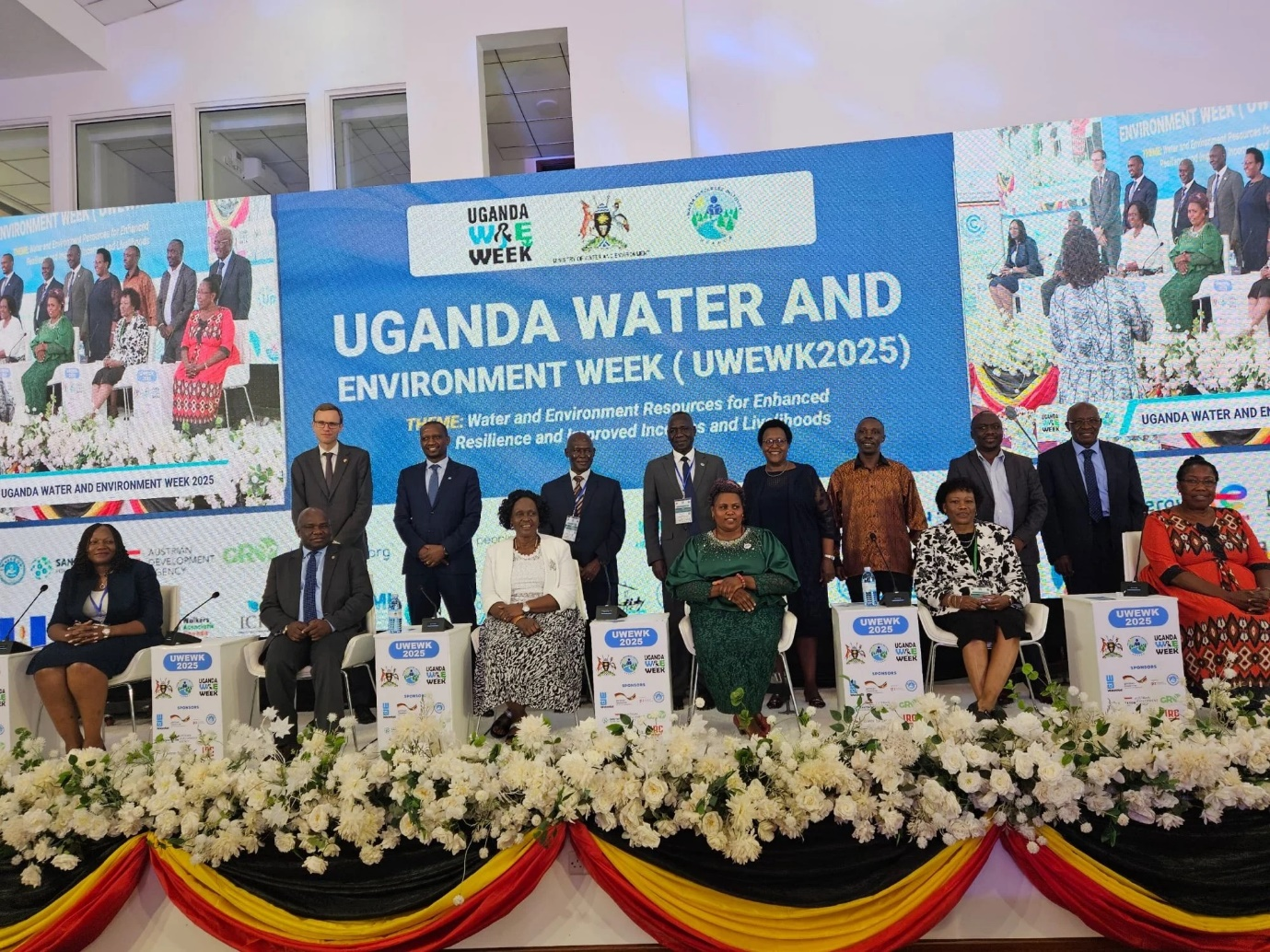Uganda is intensifying its push for fair and transparent climate finance, as leaders call for direct access to global funds that genuinely support the country’s climate adaptation and mitigation efforts. Despite international commitments, Uganda continues to struggle with delayed, inadequate, and non-transparent financing, limiting its ability to address the climate crisis effectively.
At the Post-COP29 Forum held during Uganda Water and Environment Week (UWEWK 2025) in Kampala, government officials and climate stakeholders highlighted the urgent need for reform in climate finance distribution to ensure Uganda receives its fair share without unnecessary bureaucratic hurdles.
Beatrice Atim Anywar, Minister of State for the Environment, emphasized that Uganda and other developing nations face climate injustices, despite their crucial role in preserving global biodiversity.
“We are aware of the injustices happening to us as developing countries. “Africa is rich in biodiversity, helping to clean up the mess of industrialized nations, yet we continue to face challenges in accessing fair climate finance.
Uganda has been promised climate finance billions of dollars pledged by wealthy nations to help vulnerable countries cope. At COP29 in Baku, global leaders renewed their commitment to raising at least $1.3 trillion per year for developing nations. Yet, Uganda’s Minister of State for Environment, Beatrice Atim Anywar, remains unconvinced.
“We hear the promises,” she says, “But where is the money?” “What we need is not just pledges but real, direct financing—without intermediaries who take their cut before a single shilling reaches the people who need it.”
The issue, she explains, is not just about the amount but the transparency of how these funds is distributed. Uganda has been forced to navigate a maze of international donors, bureaucratic delays, and stringent conditions.
“Africa is cleaning up the pollution of richer nations,” Anywar adds. “Yet, when we ask for the funds to adapt, we are met with endless red tape.”
One of Uganda’s key demands is direct access to climate finance without relying on intermediaries that complicate or delay the process.
Lawrence Buyika Songa, Chairperson of the Parliamentary Forum on Climate Change, stressed the importance of securing funding that aligns with Uganda’s climate action priorities.
“It is important to reflect on our priorities from COP29 and ensure that our financing mechanisms are transparent. We must avoid intermediaries that delay or divert funds.”
Meanwhile, Ole Dahl Rasmussen, Co-Chair of the Environment and Climate Change Donor Partner Group, assured Uganda of continued donor support but acknowledged that more work is needed to make climate finance effective and accessible.
“With the new climate finance goal, we are committed to significantly increasing international efforts to support developing countries.”
Uganda is also positioning itself as a leader in carbon trading, leveraging new opportunities under Article 6 of the Paris Agreement.
Margaret Athieno Mwebesa, Commissioner for Climate Change and Uganda’s National Focal Point for the UNFCCC, highlighted the importance of developing strong regulatory frameworks to ensure Uganda benefits from carbon market mechanisms.
“We are developing regulations to strengthen our carbon trading system. Uganda is rich in natural resources, putting us in a strong position to benefit from our natural wealth. We need to work together and take action.”
Uganda’s fight for fair, direct, and transparent climate finance is far from over. While the Baku Climate Unity Pact provides a promising framework, the country must persist in its efforts to secure direct access to climate funds, ensuring that financial resources reach projects without unnecessary bureaucratic hurdles.
Eliminating non-transparent intermediaries remains crucial to preventing inefficiencies and mismanagement. Additionally, Uganda must strengthen its carbon trading and regulatory frameworks to maximize the benefits of global climate initiatives. By strategically leveraging its natural wealth, the nation can unlock sustainable financing opportunities that drive long-term environmental and economic resilience.


